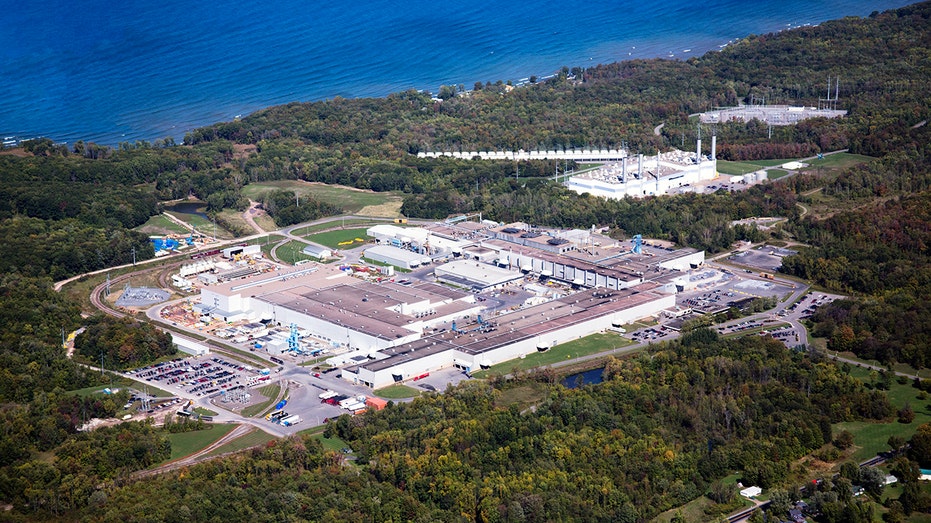Ford is temporarily cutting production on certain vehicles at its Kentucky truck plant after a fire broke out at one of its aluminum supplier facilities last month.
Ford will halt production of its three-row SUVs, the Expedition and Lincoln Navigator, at its Kentucky Truck Plant starting this week due to aluminum supply issues, according to a memo from the United Auto Workers that was obtained by The Wall Street Journal.
The pause in production is slated to last a week, the memo said, though it didn’t specifically mention the fire as the reason behind the pause.
FORD TO MOVE WORLD HEADQUARTERS FOR FIRST TIME IN NEARLY 70 YEARS
FOX Business reached out to Ford and the United Auto Workers for comment.
Last week, Novelis, a key supplier of automotive-grade aluminum for Ford and used in vehicles like the F-150 pickup truck, told FOX Business that its plant in Oswego, New York, won’t be back in operation until the first quarter of fiscal 2026 as it works to restore the Oswego facility’s hot mill.
FORD UNVEILS 2026 MUSTANG FX PACKAGE WITH NOSTALGIC FOX BODY STYLING

The fire started around 10 a.m. on Sept. 16, and only impacted one area of the plant, according to the spokesperson. Still, it will remain offline for several months, impacting the production of aluminum sheet used by U.S. automakers, including Ford. The plant supplies roughly 40% of the aluminum sheet used by the industry, according to reports.
FORD INVESTS $5B IN KENTUCKY AND MICHIGAN PLANTS FOR NEW ‘AFFORDABLE’ ELECTRIC PICKUP TRUCK PRODUCTION
A Novelis spokesperson said the company activated its global network of plants and is partnering with industry peers to source material to try to mitigate the gap in supply. However, industry experts warn that automakers are still likely to face disruptions, given Novelis’ significant role as a major aluminum supplier for Ford and other automakers.

Ford previously told FOX Business that it deployed a full team to address the situation with Novelis and is “exploring all possible alternatives to minimize any potential disruptions,” the automaker said.
However, it previously declined to comment on how its production would be impacted.
Read the full article here











